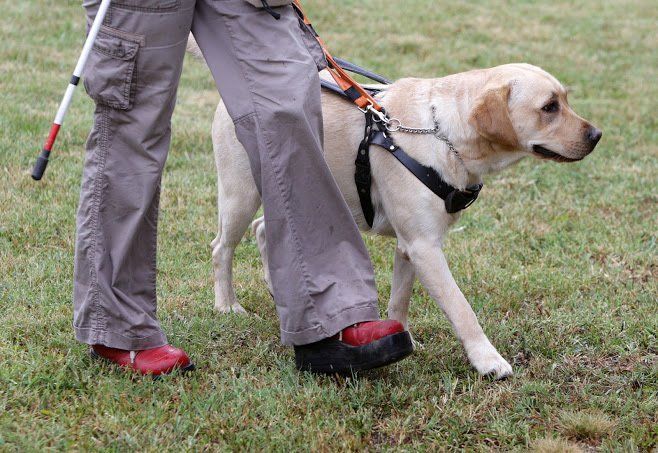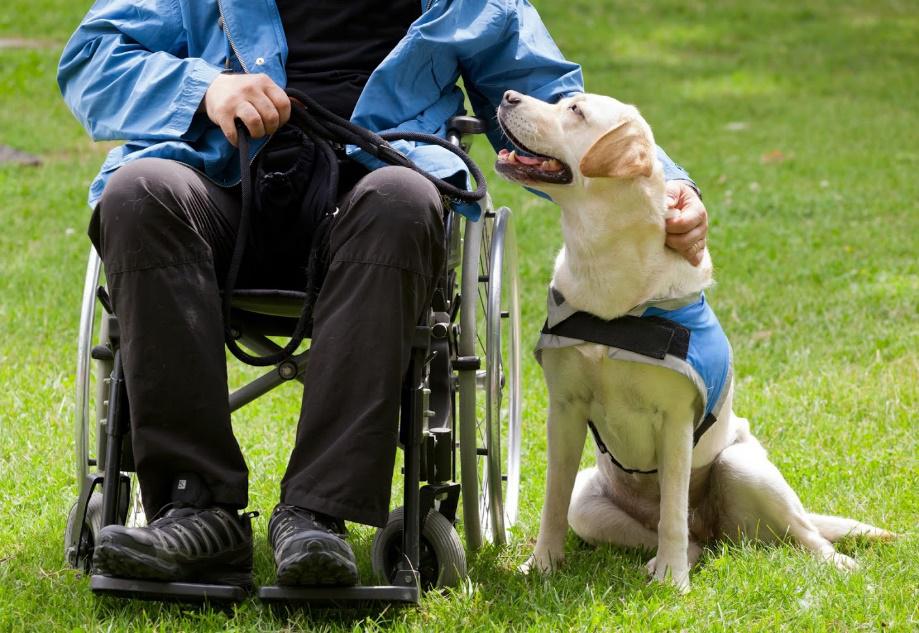How Social Media Use Affects Your Long-Term Disability Claim

An unfortunate truth is that one of your major social outlets could be working against you. Increasingly, insurers look at social media to collect evidence against and dismiss long-term disability claims. Here's what you need to know.
Photos Can Be Used as Evidence
Many disabilities are erratic in nature. If you have a knee injury, you might feel fantastic one day, but horrible the next. Unfortunately, though, if you posted pictures of yourself on a hike, they can easily be used as evidence that your knee is fine. Photos can be used as evidence against long-term disability claims related to physical disability.
Not only should you be careful about posting your own pictures, but you need to be careful about being tagged in pictures. Other people can "tag" you in photos on Facebook or Instagram doing things that may make it appear as though you don't have the disability that you have.
Even old pictures can be confused as evidence. Someone might post an old picture of you and your family on an old vacation, which appears to be new. If you post any old photos, make sure they're clearly marked and timestamped.
Your Emotional Status Could Be Monitored
Some disabilities are invisible, such as anxiety and depression. An insurance company can take a look at social media accounts to try to create a pattern of positive mental health. This is, of course, unfounded: many people present their best face on their social media.
Unfortunately, those who have long-term disability coverage for mental illnesses and other invisible disabilities need to be particularly cautious about what they post on social media, if they use social media at all. Notably, someone with a mental health disorder should not post that they are feeling better or that they are recovering.
Your Ability to Work May Be Questioned
Today, many social media platforms also ask you about your occupation. If you indicate that you're presently looking for work (even gig work), it could be an indicator to your insurance company that you are able to work. This is especially true for platforms such as LinkedIn, which are geared towards professional appearances.
Many people on long-term disability still want to pick up some amount of work. But if it's proven that you have the capacity to work regularly, then your long-term insurance claim could be denied.
Additionally, you should make sure that any work history that's displayed on LinkedIn or on any online resumes is correct. Something as simple as entering in the wrong years for a job that you did previously could be enough to call your long-term disability into question.
Some people are inclined to "fudge" their resumes a little to reduce gaps or lengthen the amount of time they worked. This could overlap with your disability period.
You Can Lock Down Your Privacy Settings
Most social media platforms make it possible to make your profile private. You can "lock it down" so that only your family and friends can see it. But that alone isn't always enough to protect you, especially if some of your content is posted by other people, or photos are shared by others.
You can also consider opening social media accounts under a fictitious name, but you need to be careful: some social media accounts do not allow this. Those with disabilities need to be very conscientious about their social media use today.
Do you suspect that your disability insurance claim could have been rejected because of your social media? Do you need help clearing your social media before your claim? Contact the experts at Scott E. Shaffman Attorney at Law.










